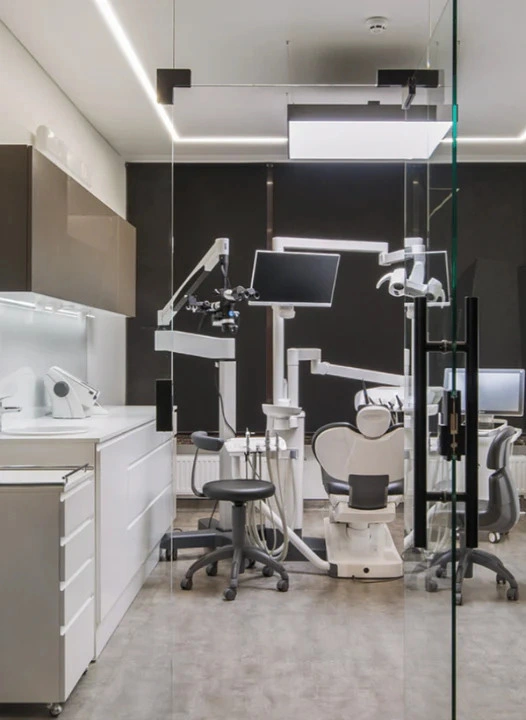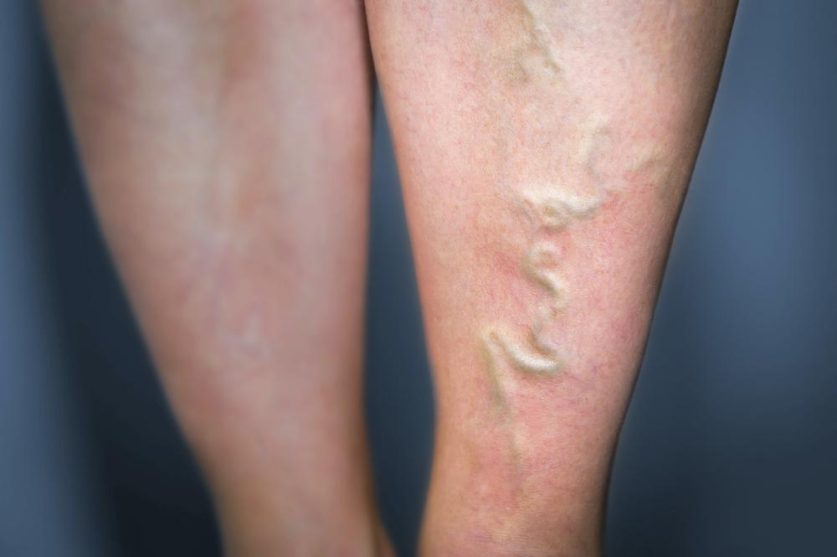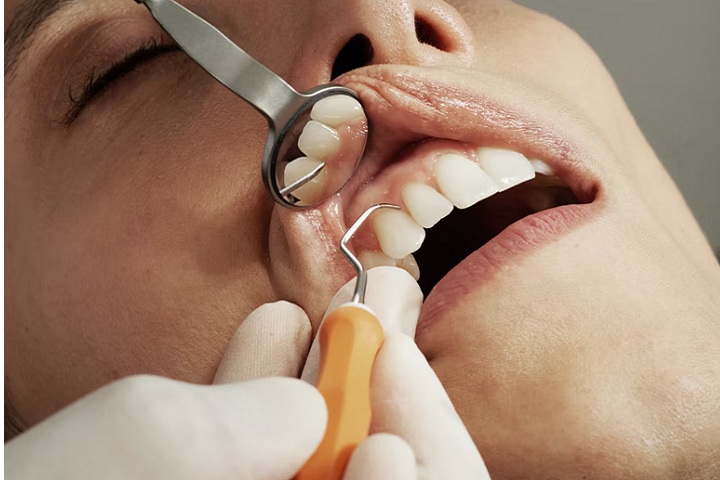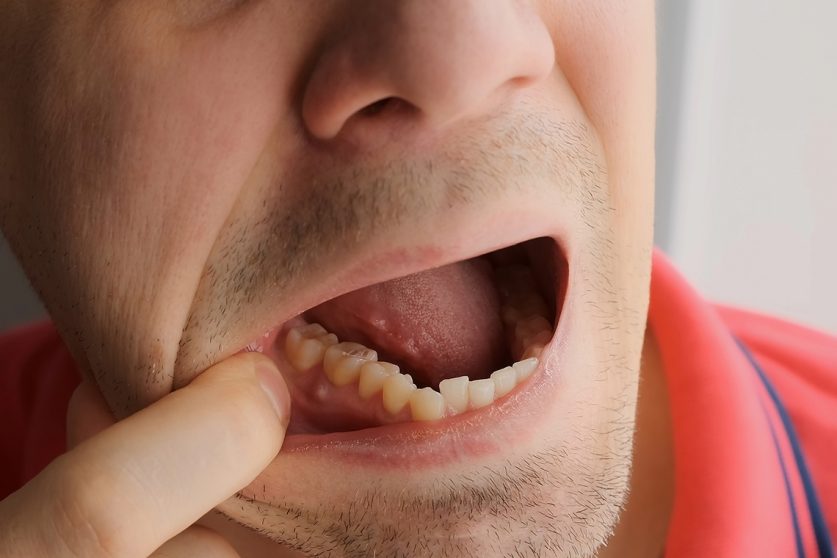Why Do Dentists Remove Wisdom Teeth?
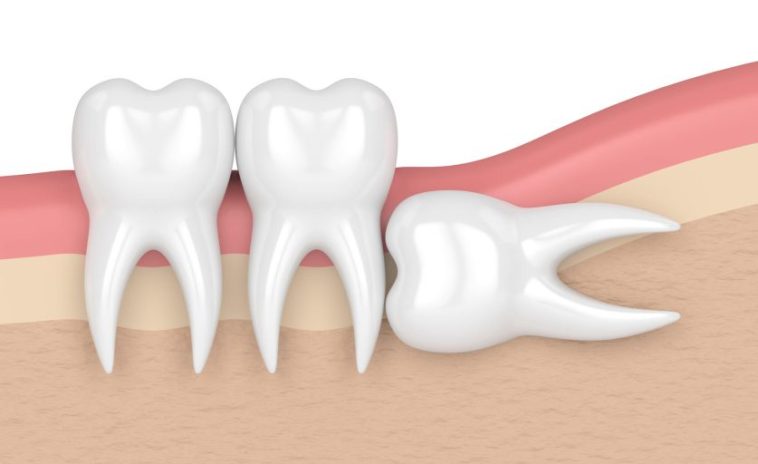
Wisdom Teeth Removal is oral surgery to remove wisdom teeth. But it’s only sometimes necessary.
Preventative efforts
Even yet, the absence of pain from your wisdom teeth does not imply that there is no issue. There may be impacted wisdom teeth that cannot enter your mouth through your jaw. The teeth can grow at an angle to other teeth, or your mouth may need more room for them. By pressing on it, they risk breaking the teeth next door. To avoid issues later, some dentists remove healthy molars. The bones in your mouth become harder as you age, and as a result, they are tougher to remove.
What causes wisdom tooth removal?
Wisdom teeth need to be removed when they create issues or when X-rays show they could cause trouble in the future. Other justifications for wisdom tooth removal near me include the following:
- Damage to other teeth: Having an extra set of molars can force your other teeth into an uncomfortable position and affect your bite.
- Jaw damage: Cysts may develop around newly erupted teeth. They can hollow out your jaw and harm nerves if not treated.
- Problems with wisdom teeth can cause pain, pressure, and congestion in the sinuses.
- Gums that are inflamed: The surrounding tissue may expand and be challenging to clean.
- Cavities: Swollen gums can form spaces between teeth, which encourage bacterial growth and the development of cavities.
What kind of anesthesia you’ll receive during wisdom teeth removal surgery?
According to emergency dental near me, Your procedure should last no more than 45 minutes. To prevent pain while the removal is being done, you will get one of the following types of anesthesia:
Local
Your dentist who does wisdom tooth extraction near me will give you a shot of a local anesthetic such as novocaine, lidocaine, or mepivacaine to numb your mouth. Gaining consciousness or passing out during surgery can also make you inhale nitrous oxide, a laughing gas. Soon after, you should start feeling alert once again.
IV sedation
The surgeon will numb your mouth and use medications to make you sleepy through a vein in your arm. You might fall asleep throughout the process.
General
You’ll either breathe in laughing gas with a mask or get medicines injected into a vein. The surgery will keep you sleeping the entire time, and you might not awaken for a while.
What happens after the surgery?
Anesthesia affects people differently. You can drive home to start your recovery if you have a local anesthetic and feel awake. You can resume working or engage in your regular activities. You’ll need a ride home if you underwent general anesthesia or still feel sleepy. After surgery, most patients experience minimal to no pain.
You’ll probably experience swelling and minimal discomfort for three days or so. It could take a few weeks for your mouth to heal entirely. To recover more quickly, follow your doctor’s recommendations.
Conclusion
The above-given information will tell you about wisdom teeth removal. It also highlights various informative and beneficial aspects regarding wisdom teeth removal. For more information, please visit dentisthoustontx.com.




